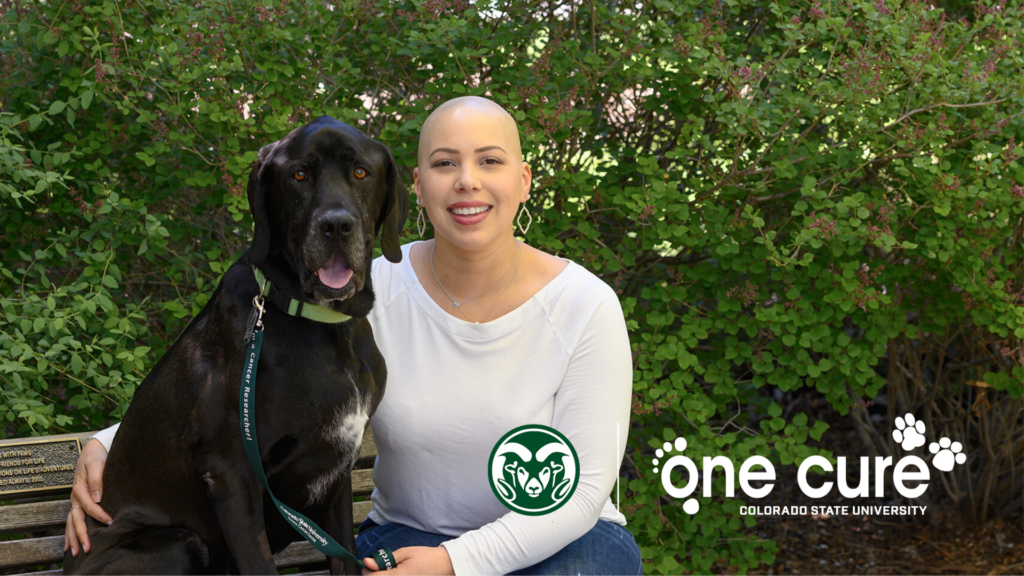Clinical trials are research studies that help medical professionals improve the detection and treatment of illnesses. Our clinical trials program enrolls client-owned pets to evaluate the effectiveness of new drugs, find novel uses of old drugs, or investigate new approaches to surgery and/or radiation therapy to treat cancer. Many of the standard treatments used today are the result of clinical trials. We learn valuable information from every patient, and we use this information to improve their care as well as the care of future patients, both pets and people.
Each clinical trial has specific eligibility criteria that need to be fulfilled for a pet to participate, and these vary among studies. Some clinical trials are designed for animals with a particular diagnosis of cancer (i.e., lymphoma), while others are open to animals with a variety of cancer types. In general, to qualify for a trial, animals need to be feeling relatively well overall and be otherwise healthy with no significant concurrent medical issues. Owners also must be willing to comply with study protocols and commit to coming into the clinic for the visits that are required by the trial.
Why are clinical trials important?

- Contribute to research that discovers better treatments for pets and people with cancer;
- Provide an alternative when standard treatment options are no longer effective;
- Explore new therapies to treat disease that is unlikely to have a significant response to standard treatment;
- Offer financial assistance.
How will I know if my pet qualifies for a clinical trial?

Your pet may be eligible for one or more clinical trials depending on their diagnosis and overall health. After completing your pet’s examination and reviewing diagnostic testing results, your pet’s oncologist will discuss all standard treatment options with you. They will also offer you the opportunity to participate in a clinical trial if appropriate, or to consult with a clinical trials team member to learn more.
Our dedicated clinical trials team will explain the process and help you understand the language and requirements of clinical trials. If you choose to enroll your pet in a clinical trial, you will see these people at every visit.
What do I need to know about enrolling my pet in a clinical trial?

If your pet participates in one of our clinical trials, our goal is to give you a thorough understanding of the process, explain the specific advantages and requirements for you and your pet, and provide compassionate care throughout treatment.
In general, to participate in one of our clinical trials, patients must be treated at our facility. He or she will, however, go home with you after each appointment, unless the protocol dictates otherwise. Our veterinarians and technicians ensure your pet receives all the tests and treatments outlined in their specific protocol. They also stay in close contact with you to make sure your pet is doing well during treatment. Most families who participate in our clinical trials live within 150 miles of Fort Collins, Colorado, or are willing to travel or temporarily relocate for the period of the study. The main goal for every patient is a good quality of life.
One Cure for pets and people with cancer

Funding for our clinical trials program comes from generous donors to our One Cure initiative. One Cure’s founding principle is that cancer affects all creatures, and that treatment breakthroughs come through collaboration between scientists and doctors who are working with both pets and people. One Cure’s goal is to raise awareness and monetary support for clinical trials and comparative oncology research.
Our clinical trials program is the largest in veterinary medicine and includes seven dedicated staff members. In 2019, the program managed 35 clinical trials to study more effective therapies for a variety of cancer types including, osteosarcoma, lymphoma, soft tissue sarcoma, and brain tumors.
Your gift supports our clinical trials program and our work to find better treatment options for pets and people with cancer.